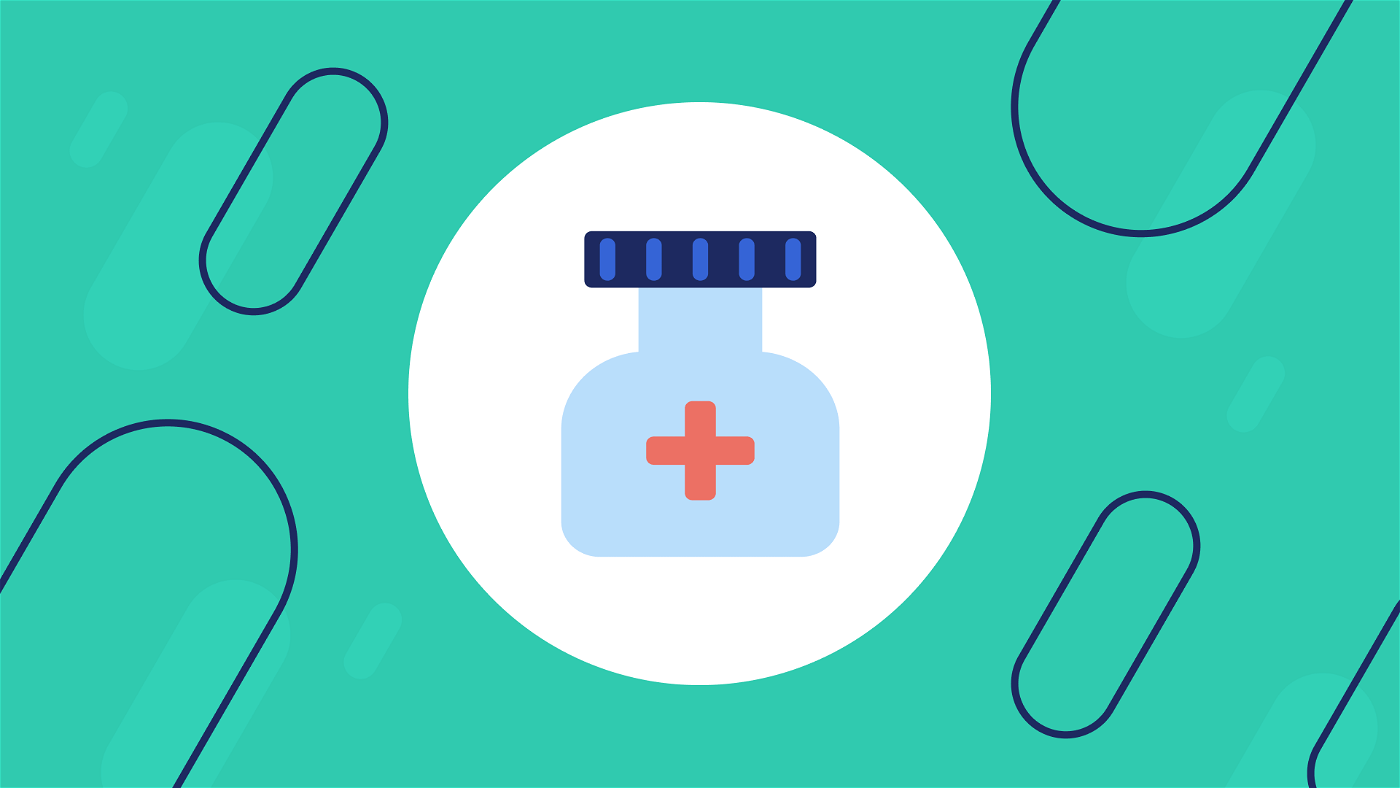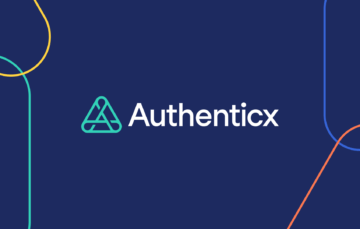
In the United States, there are over 20,000 prescription drugs approved by the FDA with an estimated 60% of American adults taking at least one prescribed drug daily.
Within this trillion-dollar global industry, there’s a lot of communication and data noise that can be difficult to navigate. A primary challenge facing pharma brand leaders is the ability to quickly perceive the experience of their customers and effectively pivot to address concerns regarding their drug and quality of service. Market research data can only share so much direct insight. Adverse events reporting also remains a regulatory point of concern as pharma brands handle an expanding omnichannel strategy that contributes to a deluge of conversational data points to manage.
In short: Pharma is an industry that holds enormous impact on our health and well-being.
Rethinking how to ‘listen’ to customer voices
As digital innovation creates more channels of communication and customer expectations along with it, there is a renewed focus on the customer journey. Pharma leaders are searching for new ways to gather, listen, and understand what their customers are actually saying.
Leaders need to make sure they’re listening in a way that’s effective and connecting directly with their customer voices. A lot of time, resource, and investment is devoted to listening metrics, such as satisfaction surveys or ongoing requests for feedback on recent experiences. These listening metrics influence key stakeholders, needs, and decision-making.
But, what if these metrics aren’t accurately reflecting a patient-centric customer voice?
5 Challenges Facing Pharma
- Listening to immense amounts of data: With wide digital adoption and a more complicated customer journey, pharmaceutical brands face an enormous amount of data pouring in from all directions. From social media comments to patient data app integrations to calls, it’s hard to even know where to start.
- Limited accuracy in current listening metrics: Due to the vast amounts of incoming data, it can be hard to pinpoint a localized, specific patient voice with any direct accuracy. With fragmented feedback sources that regularly show low, inconsistent response rates, leaders face the challenge of accurately understanding what patients are saying, thinking, and how they’re behaving.
- Listening hurdles with regulatory guidance: Pharmacovigilance focuses on maintaining a high-quality drug product and safety of all patients. In the United States, the Federal Drug Administration (FDA) requires pharmaceutical brands have mechanisms in place to identify and report adverse events. This type of monitoring and complaint management is a herculean task of tracking incoming communication across channels to ensure patient health and safety is top of mind with accurate, timely reporting.
- Siloed integrations disrupt listening: From initial development of a drug to disease diagnosis, to ongoing patient management, there are a lot of stakeholders across the patient customer journey: healthcare provider(s), pharmacist, drug manufacturer, friends, family, the internet, etc. This means that a lot of conversational data may be collected and stored, but it’s not being integrated across teams, product lines, or roles.
- Lack of standardization in listening: Across healthcare, there are more tools, sources of data, and digital connectivity. These automations are great, but oftentimes are not standardized across the enterprise which can disrupt a patient seeking answers or drug access.
To address these challenges, leaders need to be thinking about current gaps in their customer knowledge and reviewing current conversational data sources in place. Patients are desperate to be heard—are you connecting with them in an impactful way?
Leveraging unstructured data is one avenue to access insights on current patient experiences, surface areas of concern at a holistic level, and resolve these issues efficiently. Actively listening with data you’re already gathering is one key investment your leadership team can make to help pivot from a transactional model to a model that’s keeping the patient well-being at the heart of it.
About Authenticx
Authenticx was founded to analyze and activate customer interaction data at scale. Why? We wanted to reveal transformational opportunities in healthcare. We are on a mission to help humans understand humans. With a combined 100+ years of leadership experience in pharma, payer, and healthcare organizations, we know first-hand the challenges and opportunities that our clients face because we’ve been in your shoes.
Want to learn more? Contact us!


